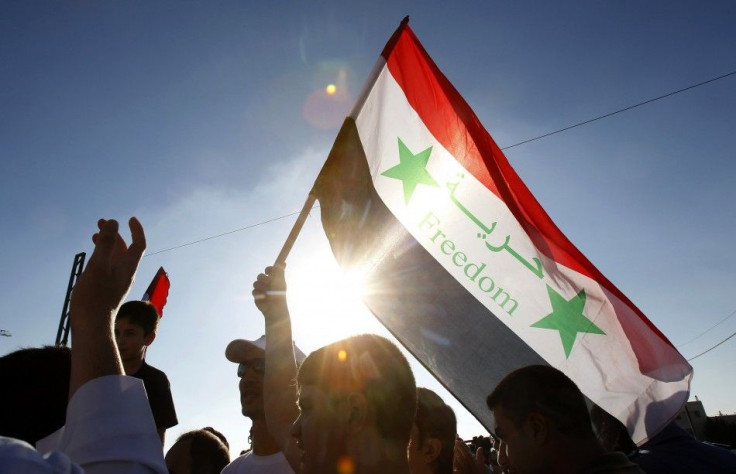Syria News Update: Assassinations and Sanctions

In Syria, anti-government protesters continue undeterred as President Bashar al-Assad intensifies his forceful crackdown against demonstrations. Over the last five days, at least 76 people have been killed in the northern cities of Homs and Hama and in the southern Daraa region, according to activist reports.
Accurate reports from Syria are impossible to get due to the country's refusal to let in the foreign media, but local activists claim that more than 3,000 civilians have died in the clashes between government forces and protestors, most in the Idlib province near the Turkish border. Additionally, about 30,000 people have been arrested, 13,000 of whom are still detained, according to the National Organization for Human Rights in Syria.
The protests began in March, fresh off the wave of Arab Spring uprisings in Tunisia, Egypt and Libya, but Assad's regime, like Yemeni leader Ali Abdullah Saleh, have proved to be unyielding and brutal. As the demonstrations, many of them peaceful, move forward, some Syrian soldiers have defected, opening the door for the possibility of a civil war, analysts fear.
Syrian state media is painting a different picture. According to reports, terrorists, gangs and foreign agitators are responsible for the unrest.
On Wednesday, a nuclear engineer was killed in Homs. Aws Khalil, who was also a university professor, was reportedly shot in the head. Earlier, two faculty members at Al-Baath University -- chemistry department head General Nael al- Dakhil and deputy dean of architecture Mohammad Ali Akeel -- were murdered.
Activists say they were killed by security forces for their opinions on the government, while the SANA news agency claims the men were killed by an armed terrorist group.
Meanwhile, the four members of the United Nations Security Council have softened proposed sanctions on Syria, with hopes of convincing Russia and China to join the rest of the council in condemning Assad's actions.
The United States and the European Union have already imposed a ban on Syrian oil exports.
© Copyright IBTimes 2024. All rights reserved.



















